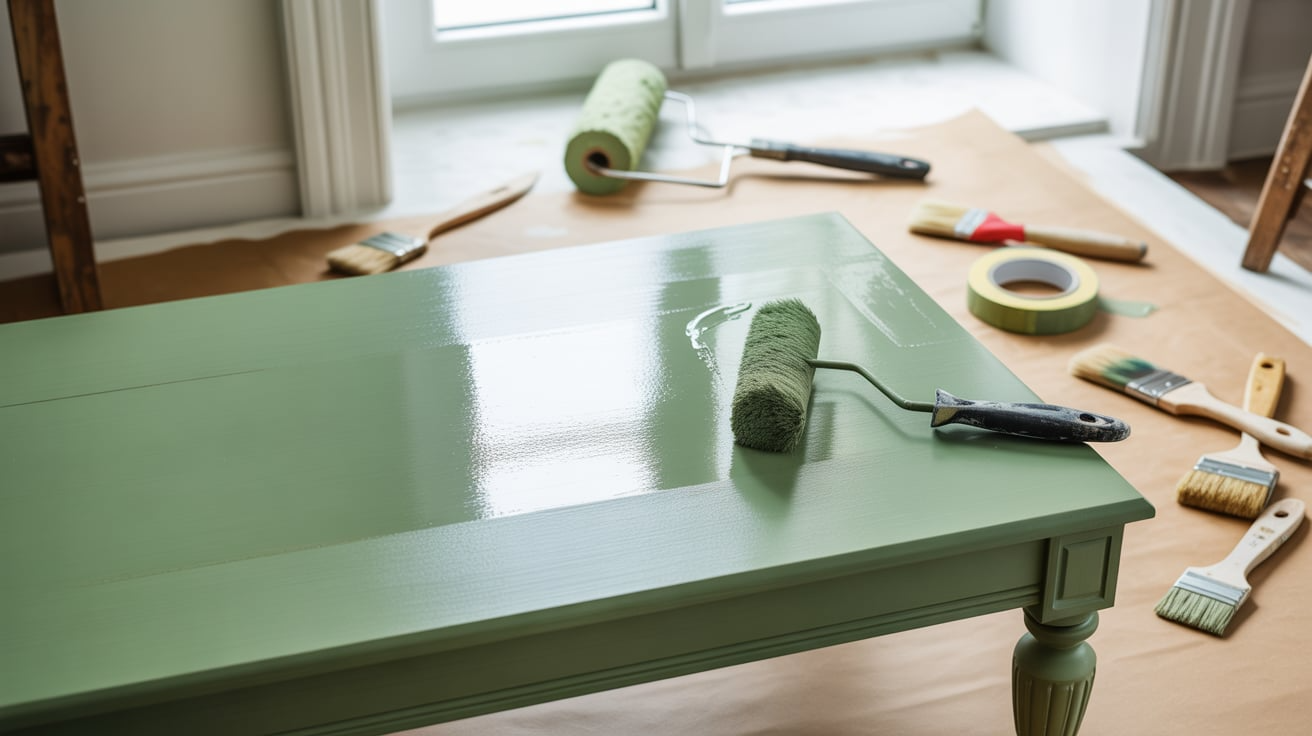How to Optimize Your Home Energy Efficiency
Optimizing your home’s energy efficiency is not only environmentally friendly but also a great way to save money on energy bills. Here are a few ways to make your home more energy efficient, reduce your carbon footprint, and contribute to a greener planet.
Seal Gaps and Add Insulation
Ensuring your home is well-sealed and properly insulated is crucial to optimizing energy efficiency. Inspect your home for gaps and cracks around windows, doors, and in the attic. Seal the gaps with weatherstripping or caulk and consider adding extra insulation in the attic, walls, and basement to reduce heat transfer.
Install a Programmable Thermostat
A programmable thermostat allows you to set the temperature for different times of day and automatically adjusts when you’re not home. This can result in significant energy savings as it reduces the burden on your heating and cooling systems.
Research and Compare Energy Providers
It is also essential to research and compare energy providers to ensure you’re getting the best rates and services for your needs. Websites like Choose Energy offer helpful resources and insights into different energy suppliers, making it easier to make informed decisions for maximizing your home’s energy efficiency.
Opt for LED Lighting
LED bulbs are more energy-efficient than incandescent and CFL bulbs, and they last much longer. Switching to LED lighting throughout your home can significantly reduce your energy consumption and save on your electricity bill.
Utilize Energy-Efficient Windows
Energy-efficient windows, like double-pane or Low-E glass, can significantly reduce heat transfer and keep your home at a more comfortable temperature year-round. If replacing windows is not an option, consider installing window film or using thermal curtains to improve insulation.
Replace Old Appliances with ENERGY STAR Models
Older appliances are often less energy efficient than newer models, so upgrading to ENERGY STAR-labeled products can significantly reduce your energy consumption. Some examples include refrigerators, dishwashers, and washing machines.
Maintain Your HVAC System
Regular maintenance of your heating, ventilation, and air conditioning system is essential for energy efficiency. Dirty filters and poorly maintained equipment can result in increased energy consumption and higher costs. Schedule regular checkups, clean or change filters, and make necessary repairs to keep your system running efficiently.
Adjust Your Water Heater Temperature
Lowering your water heater temperature to 120°F can help you save on energy costs and reduce the risk of scalding. For every 10°F reduction in temperature, you can save between 3% to 5% on water heating costs.
Plant Trees Strategically
Planting trees and shrubs near your home can provide natural shading and insulation, reducing your cooling costs in the summer. Deciduous trees, which lose their leaves in the winter, will allow sunlight through to help warm your home during colder months.
Adopt Energy-Saving Habits
Simple lifestyle changes can make a big impact on your energy consumption. Turn off lights when not in use, unplug chargers, wash laundry in cold water, and hang clothes to dry. By adopting these energy-saving habits, you can further increase your home’s energy efficiency.
Implement Smart Power Strips
Electronics still consume power even when they’re turned off or in standby mode. Smart power strips can detect when devices are not in use and cut off power, which helps reduce energy consumption. You can also plug these smart power strips into a timer to control when specific devices are on or off.
Upgrade to a Smart Home
Smart home automation systems allow you to control lighting, appliances, and temperature settings remotely or through scheduled presets. This technology enables you to optimize your home’s energy efficiency by giving you greater control over your energy consumption. You can turn off lights or adjust the temperature from your smartphone even when you’re away from home, saving both energy and money.
Use Solar Energy
Installing solar panels on your roof or using solar water heaters can provide an eco-friendly and cost-effective power source for your home. The initial investment may be significant, but the long-term savings on your energy bills can outweigh the expense. Additionally, you can also benefit from government incentives and tax credits available for solar products that may reduce the overall cost.
Optimize Your Landscaping
In addition to strategically planting trees, you can optimize your landscaping to improve your home’s energy efficiency. Utilize ground cover plants, rock gardens, and patios to reduce heat absorption around your home. Additionally, consider installing a rainwater collection system to use for irrigation, reducing your overall water usage and lowering your utility bills.
Conclusion
Implementing these energy efficiency tips will not only make your home more comfortable but also help reduce your environmental impact and save you money. Start making changes today to create a greener, more eco-friendly home and enjoy the benefits of optimized energy efficiency.







